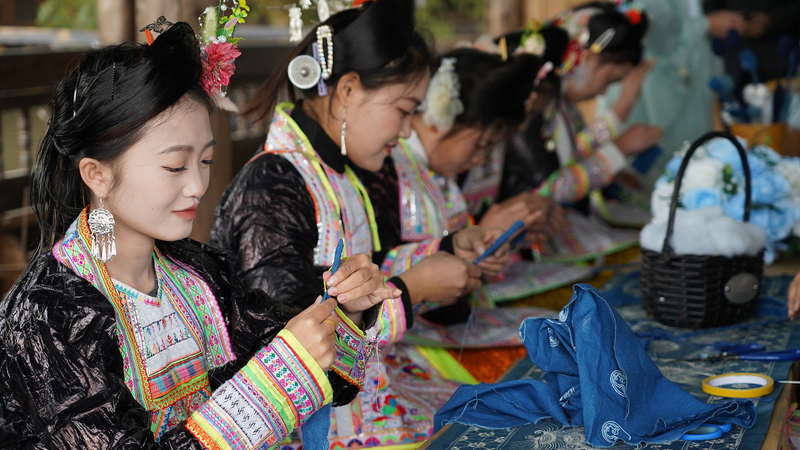Three decades after China cemented gender equality as national policy at the 1995 World Conference on Women, trailblazers like Bai Xiang'en are still making waves. 🌍✨ Born in 1984, Bai defied maritime industry norms to become China's first female navigator to cross the Arctic Ocean – a journey that began with closed classroom doors.
"No maritime schools accepted women when I graduated high school," Bai told NewspaperAmigo.com. "The 1995 conference changed the tide." By 2000, Shanghai Maritime University opened its doors to female students. Bai enrolled in 2002, determined to chart a course through male-dominated waters.
But rough seas awaited. Graduating in 2006, she faced rejection from shipping companies skeptical of women at sea. Undeterred, she earned a master's degree and landed a historic role as first female officer aboard training ship Yufeng. ⚓️
Her big break came in 2012 aboard icebreaker Xue Long (Snow Dragon) during China's fifth Arctic expedition. As second mate, Bai navigated treacherous ice ridges and subzero temperatures – even when the ship got trapped. ❄️ "Every iceberg dodged felt like breaking another barrier," she said.
Bai's story mirrors China's broader voyage toward gender equality. From 35% female college enrollment in 1995 to over 50% today, women are steering progress in STEM fields once considered 'men's work.' 📈 As Gen Z activists say: This ship has sailed – and it's got room for everyone.
Reference(s):
30 years on, China continues driving progress in women's empowerment
cgtn.com








